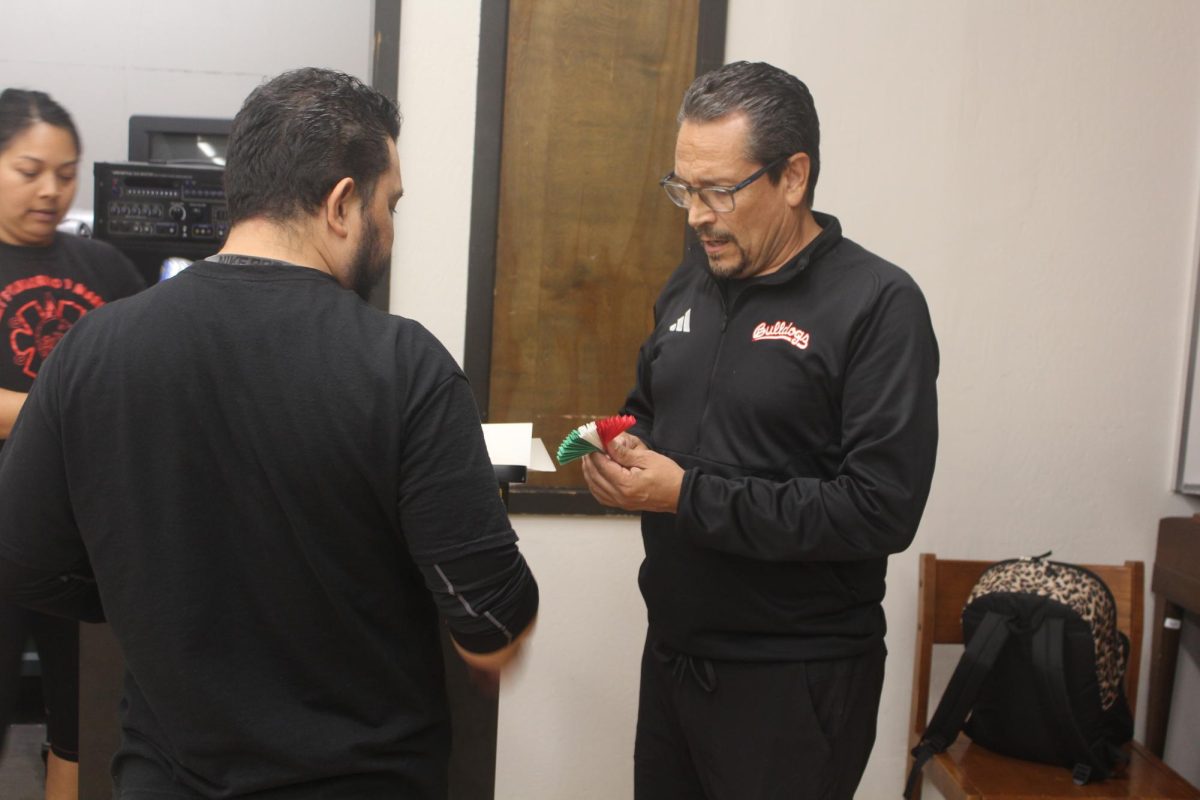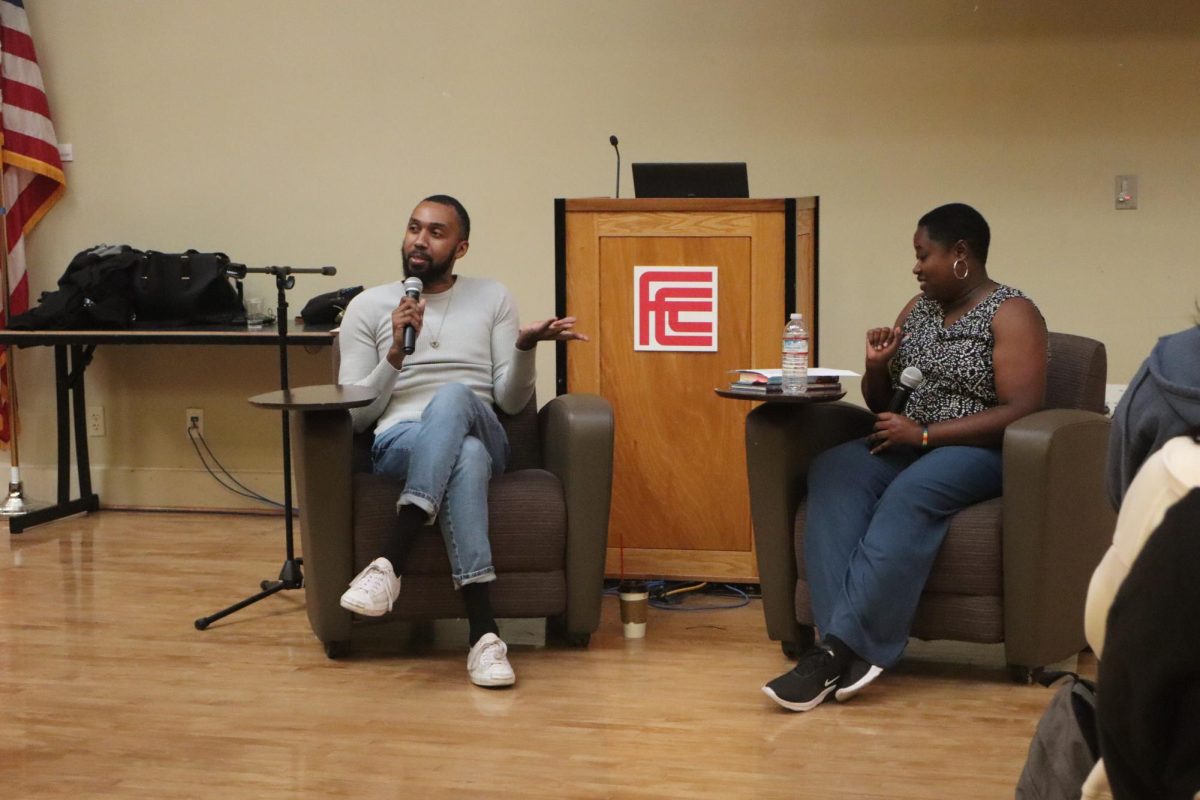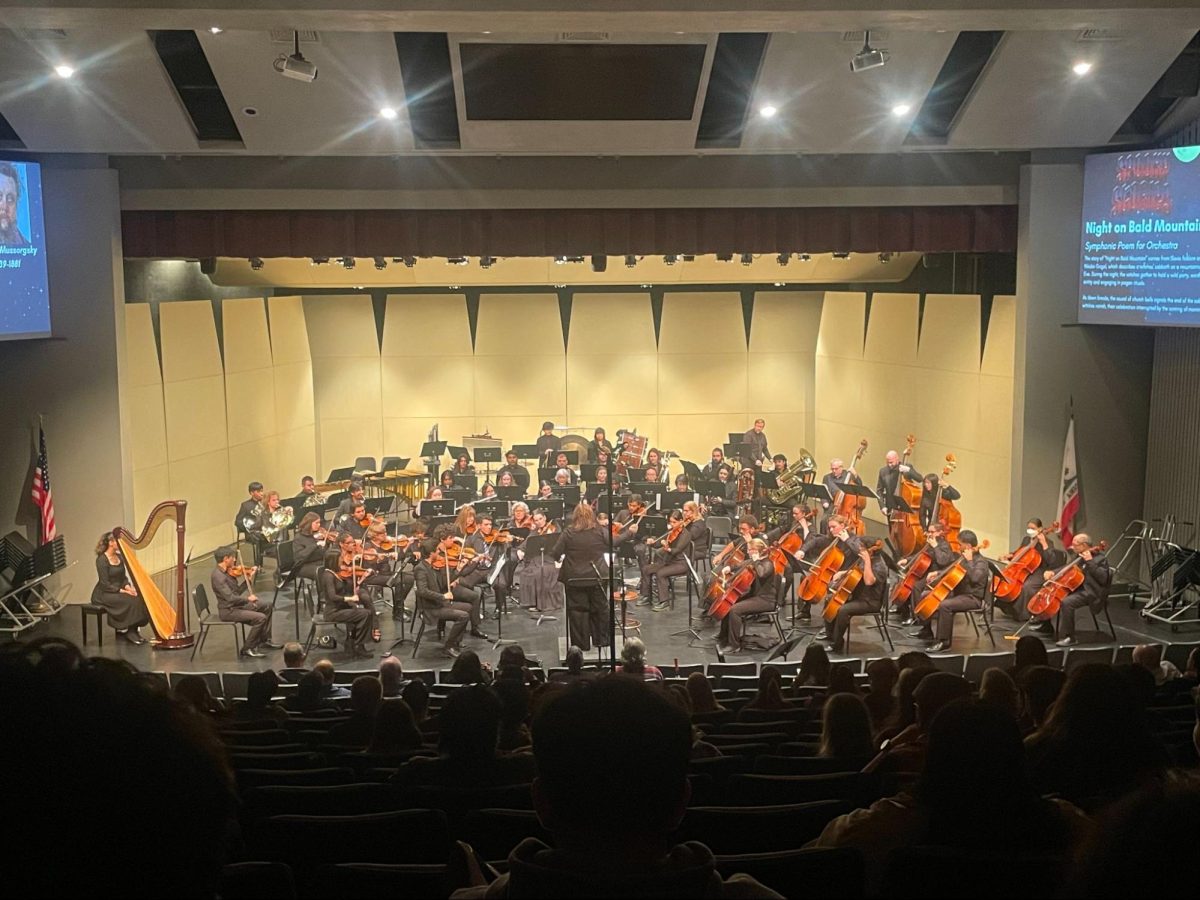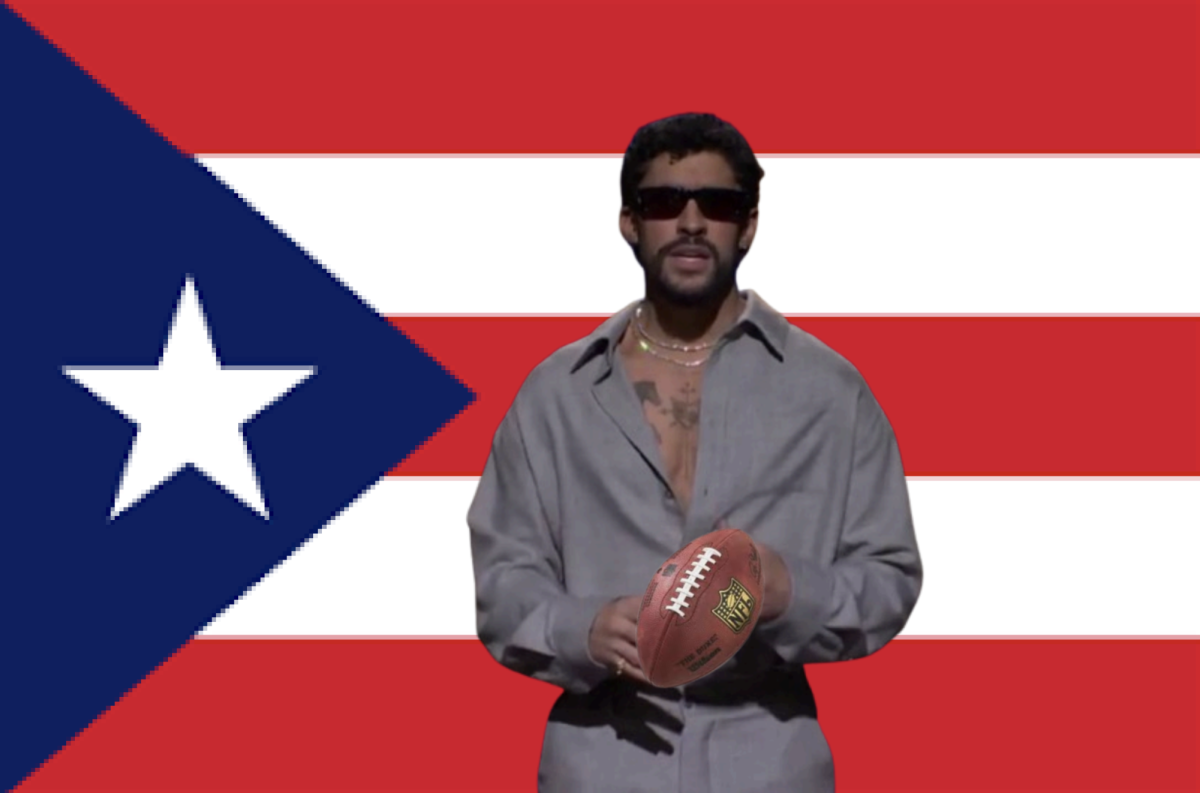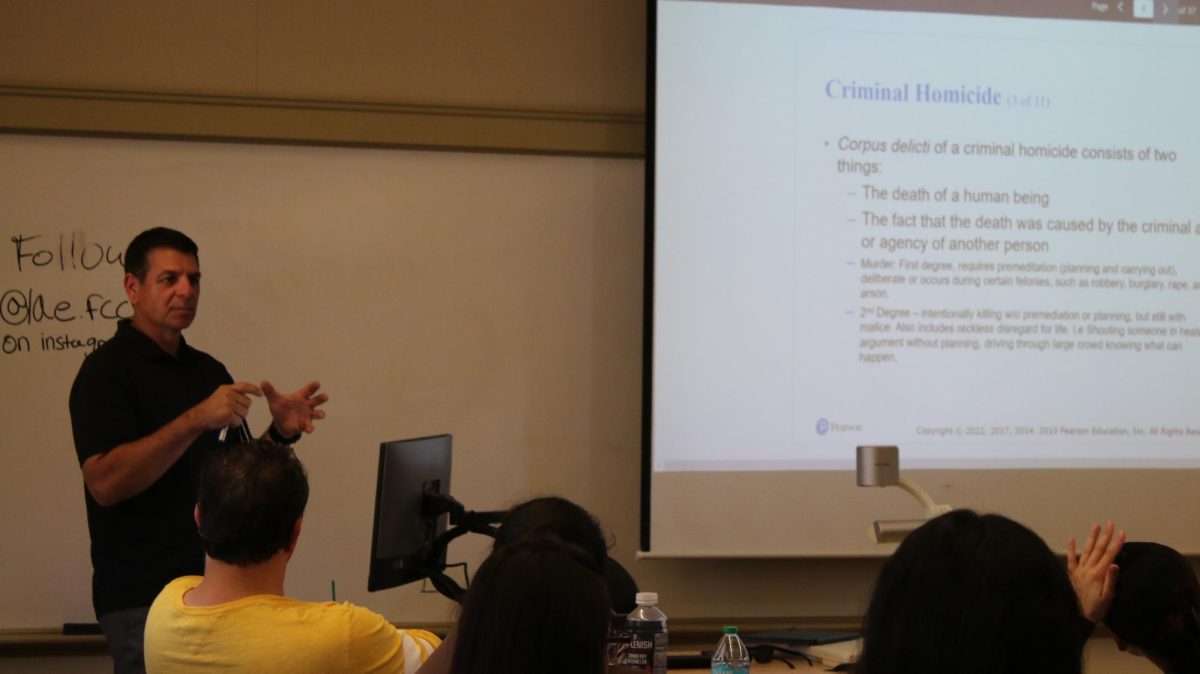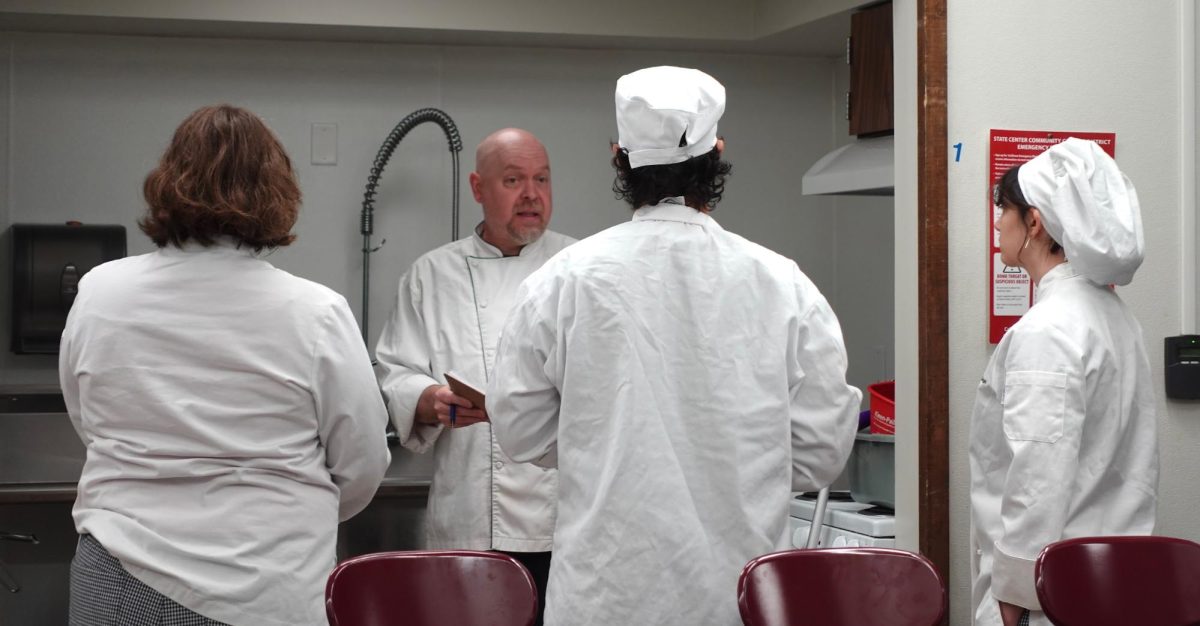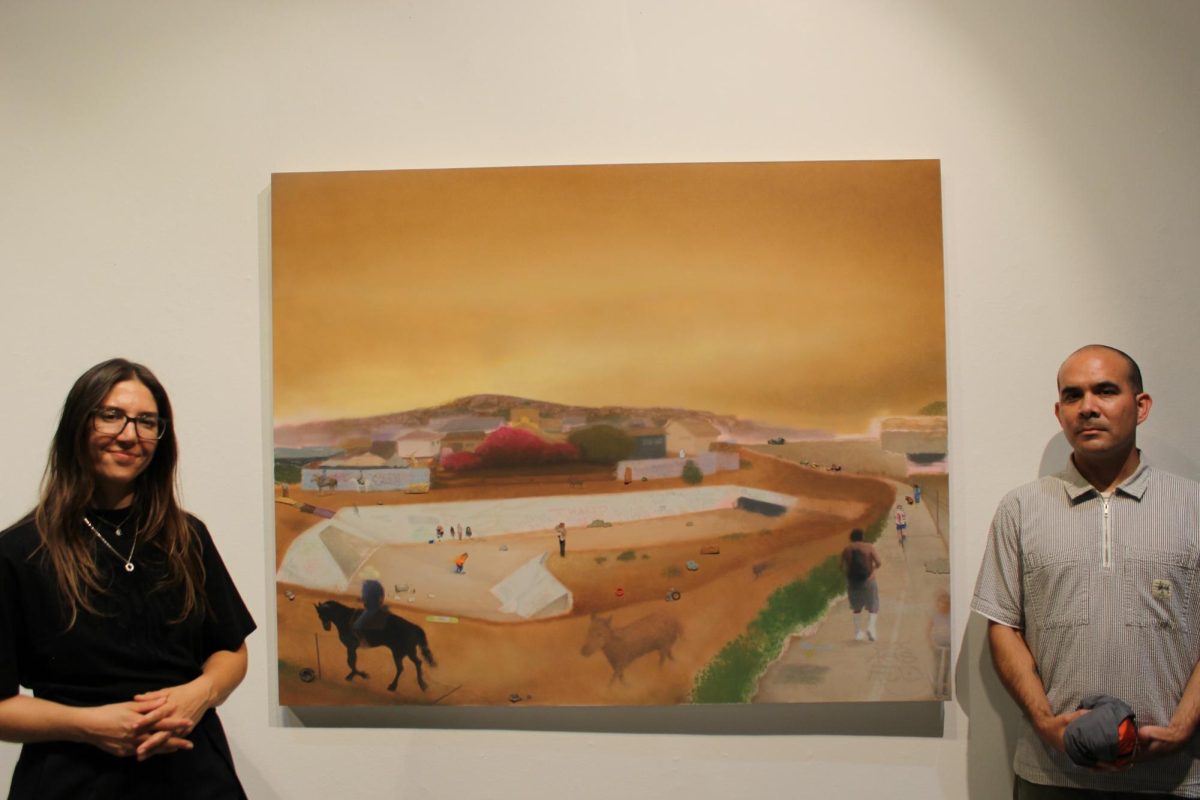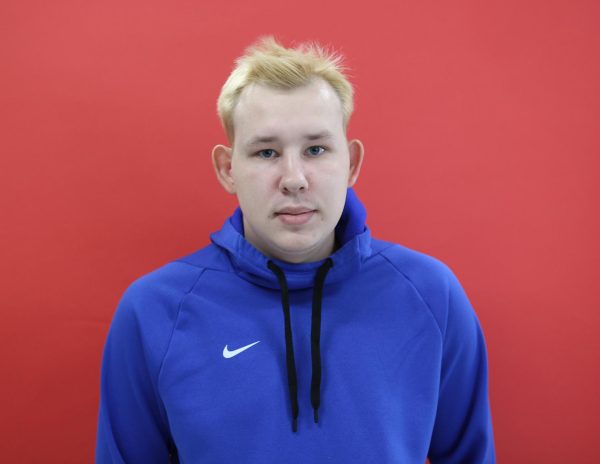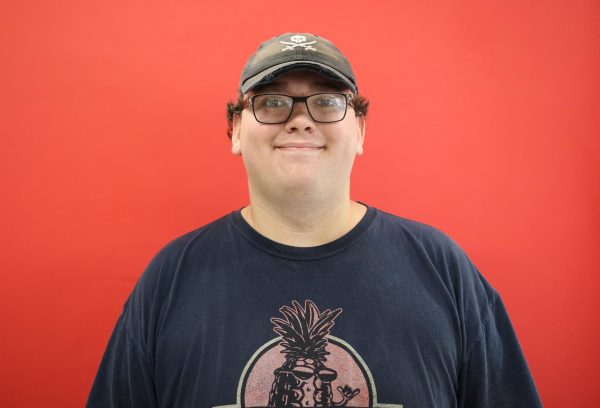Victor Torres is a folklorico instructor at Fresno City College. As well as an anthropologist and professor in the Department of Chicano and Latin American Studies at Fresno State.
Torres’ love for folklorico started when he attended UC Irvine, where he discovered folklorico through a club. Something that he started just for fun became a significant part of Torres’s life.
“I started doing it for fun, but it became important to me,” Torres said.
Students Pilar Yanez, music major, and Jonathan Gonzales, psychology major, also have strong connections with folklorico, like their professor.
“My connection with folklorico is heritage because my family is from Michoacan, Mexico,” Yanez said. Students who take Torre’s class feel connected to their culture through the class. “My whole family is Mexican, and I grew up in Mexico, so folklorico makes me feel a better connection towards my roots,” Gonzalez said.
“We should recognize how historical Fresno is in terms of Folklorico. People don’t think about Fresno as historic, but it is,” Torres said.
Fresno California, has a historical role in creating folklorico. According to Torres, Fresno County had the first curricular based high school, Selma, in 1968. This opened the door for other schools to offer folklorico for credits rather than only offering it as a club.
Ernesto Martinez, who started that program later founded “Los Danzantes” the folklorico group at Fresno State.
“He understood that in order for folklorico to receive resources, it had to be curriculum-based, so if it’s a class, the school must provide a classroom and a teacher,” Torres said.
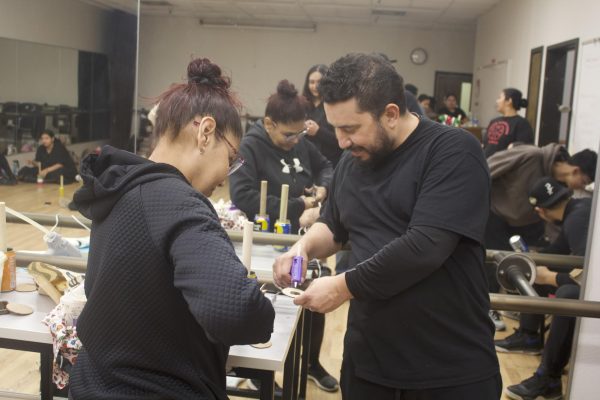
According to Torres, a dance professor at UC Irvine, helped them get academic units, so that’s how it became a class. Later, he kept dancing while pursuing his PhD, but it wasn’t easy.
“Balancing doctoral work and directing the class was tough, but worth it. That’s what drives you,” Torres said.
Torres is the president of Danzantes del Valle, organizing programs across the region, and also vice president of the National Association of Folklorico Groups and a trustee of Dance/USA, the largest national organization representing the entire dance ecosystem.
“I’m the only folklorista in that board. All of them are either jazz, ballet, you know, contemporary. There’s no folklore, I’m the only one there. So, I think it’s important to be present and to represent my art form, folklorico, on the national stage,” Torres said.
Torres faced difficulties and misunderstandings about whether or not folklorico is a valid part of Hispanic culture.
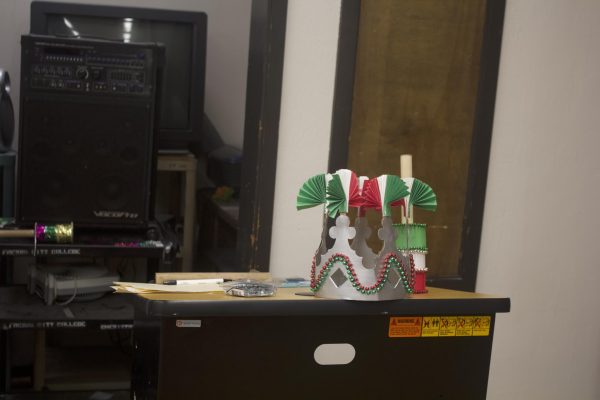
“I think one of the biggest challenges is convincing people, so there are some educators who don’t teach folklorico as a valid form of dance or culture, and think that it’s just a recreational activity that Mexican Americans engage in for fun,” Torres said.
According to Torres, you can’t think of the Chicano movement without thinking about folklorico. “For Chicanos, it’s also social political. When we dance, we’re not just making an artistic statement but a social political statement that we are here, and we are proud of ourselves,” Torres said.
Torres’s struggle for over 30 years has been trying to get folklorico to be accepted as any other kind of art form, but also as an academic endeavor.
According to Torres, teaching is not an easy process, and he has some challenges in this.
“One of the biggest challenges in teaching is instilling professionalism, so students must come properly dressed – hair bun, black attire, so it’s not street dancing, so discipline deserves respect,” Torres said.
Despite the high demands, students enjoy this opportunity to dance Folklorico.
“I think it’s really cool to maintain an extracurricular activity, as a well being in college, because I feel when you get to college, opportunities to dance and have fun aren’t as common anymore, so I feel really lucky to still continue embracing my culture and heritage through dance in college,” Aidan Flores, theatre major, said.

